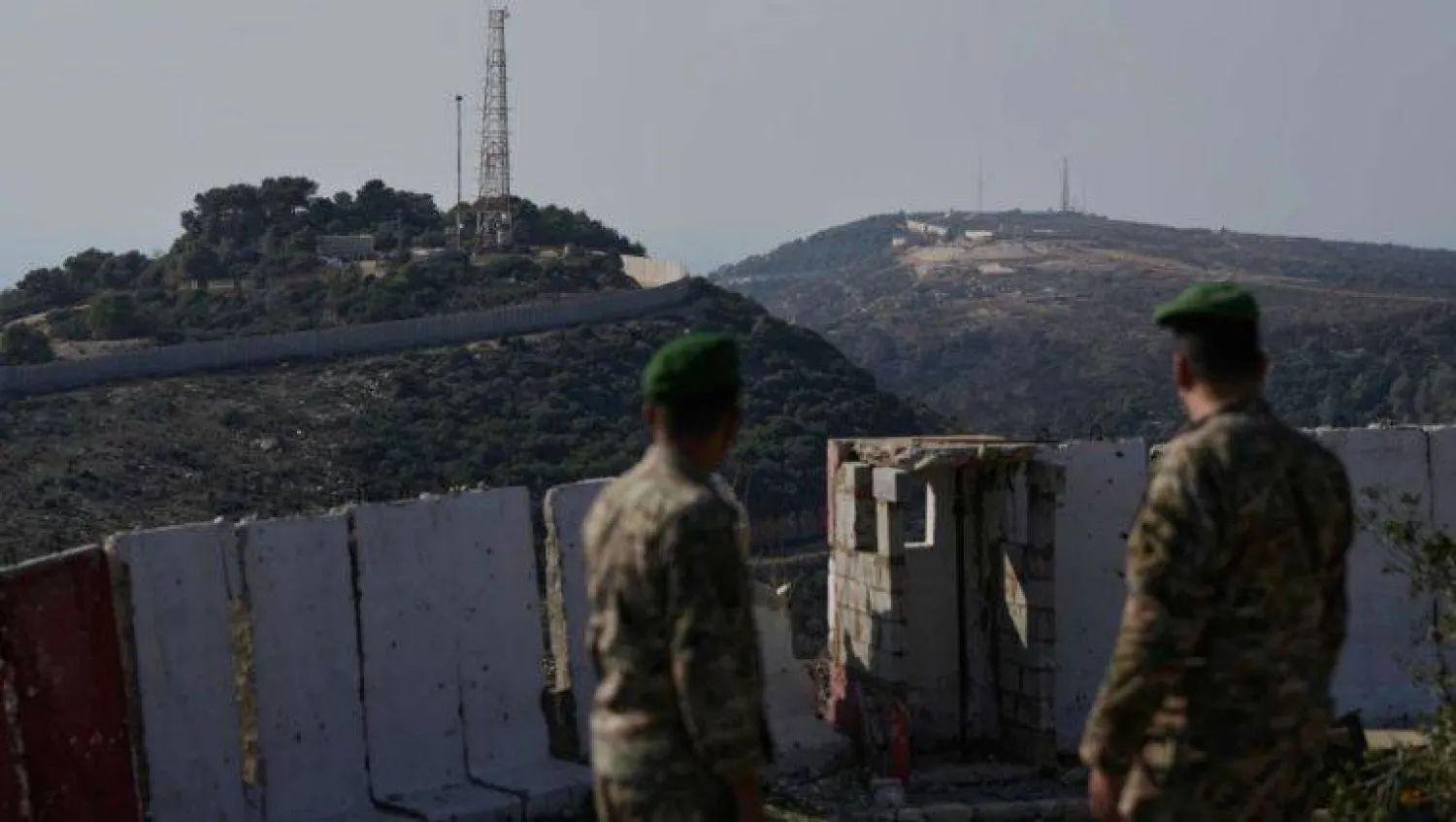Libya's Constitutional Drafting Assembly (CDA) requested the help of United Nations Support Mission in Libya (UNSMIL) to complete the constitution, while members of the Libyan Tobruk-based House of Representatives (HoR) rejected Monday the Assembly calling for the formation of a committee of experts to amend the 1951 Libyan Constitution instead.
Head of the CDA, Noah Abdullah, indicated in a letter sent yesterday to Ghassan Salame, head of the UN mission, that any attempt to disrupt or obstruct the constitution or allow internal or external parties to interfere in its formation is an infringement of the people's will.
He called on the UN mission to "provide the necessary assistance" to meet the constitutional deadline and to urge Libyan authorities, namely HoR, to honor their duties in the constitutional declaration and Libyan laws in force.
Meanwhile, 18 members of the parliament rejected the CDA calling for the formation of a committee of experts to amend the 1951 Libyan Constitution instead.
The HoR members said in a joint statement that the ruling of the Supreme Court is not valid, therefore they decided not to recognize the constitution drafting assembly. The members representing eastern Libya, called on their fellow MPs to introduce a limited amendment to the independence constitution.
The members also refused to issue a referendum law on the draft constitution until a committee of experts is formed to verify the authenticity of the Libyan identity.
The CDA voted last July on a draft constitution and presented it to the parliament for endorsement.
Last Wednesday, the Supreme Court in Tripoli ruled to the jurisdiction of the administrative court to consider the case against the CDA, noting that Baydaa court of appeals ruled in August the suspension of bill to vote on the constitution.
Last week, the Supreme Court overturned legal appeals from lower courts against the constitution's draft, paving the way for a possible referendum and moving towards elections.
The United Nations hopes to hold elections by the end of this year, but the draft faces other possible obstacles, including the conditions of voter turnout or support, set by the parliament for the referendum. There is also the issue of organizing a nationwide vote at a time there are no national security forces, while some minorities in Libya say they were excluded from the drafting process of the constitution.
In other news, a handover ceremony was held in Tripoli between former Interior Minister, Aref al-Khawaja, and the newly appointed minister, Brigadier General Abdul Salam Ashour.
Ashour issued a number of orders to promote a number of lieutenants and officers, which also coincides with the 7th anniversary of the revolution against former regime of Muammar al-Gaddafi.
On Monday, Libyan navy announced that 324 African and Arab migrants had been rescued after their two boats broke down off the coast of the western city of Zuwara, some 120 km west of the capital Tripoli.
Libyan navy spokesman Ayoub Qassem announced the coast guards, in cooperation with a fishing bulldozer, had rescued 324 African and Arab migrants on two rubber boats that broke down seven miles north Zuwarha.
"The immigrants include 35 women and 32 Libyans," Qassem added.
"The two boats were towed and the migrants were taken to the port of Zuwarah, and then handed over to the Passport Authority and Immigrant Reception Center in Zuwarah," Qassem said.
Over 3,500 immigrants had arrived from Libya to Italy this year, 62% less than the same period last year, according to the Italian Ministry of Interior.









